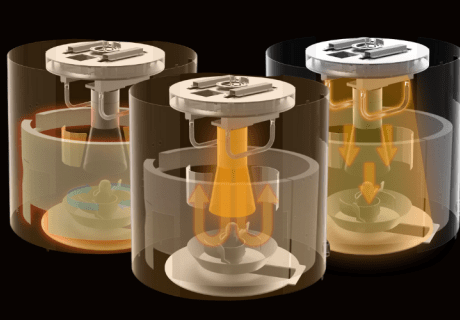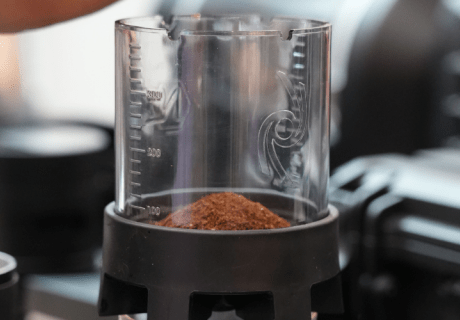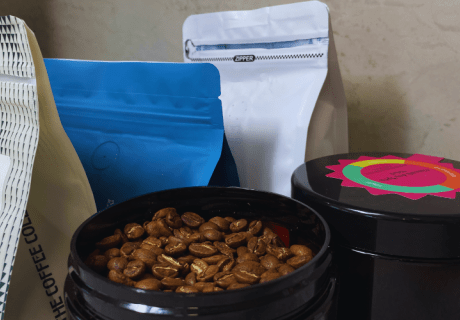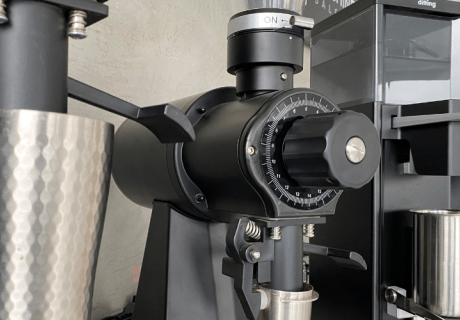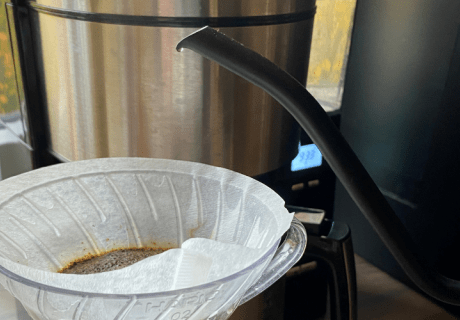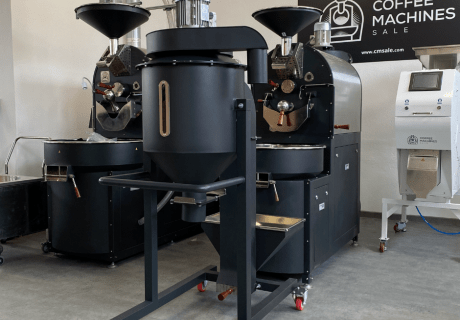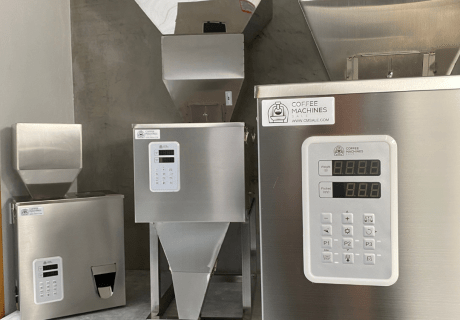The Impact of Individual Minerals on the Flavor of Brewed Coffee
When it comes to brewing coffee, many factors influence the final taste in your cup. Among these, water plays a crucial role, making up about 95% of a typical coffee brew. However, the water you use isn’t just H₂O; it contains various minerals that significantly affect the flavor of your coffee. This article delves into the impact of specific minerals on the taste of brewed coffee, helping you understand how to optimize your water for the perfect brew.
Understanding Coffee Water Chemistry
Water used in coffee brewing is not pure; it contains dissolved minerals that interact with coffee compounds during extraction. The composition of these minerals can vary greatly depending on the source of the water. Understanding the role of these minerals can help you enhance your coffee's flavor profile.
The Role of Specific Minerals
Calcium
Calcium is essential in coffee brewing because it helps extract flavors from coffee grounds. It accentuates the acidity and brightness of the coffee while also contributing to a fuller body. However, too much calcium can lead to a chalky taste and hinder the extraction process. Ideally, a balanced level of calcium enhances the overall flavor without overpowering it.
Magnesium
Magnesium is another crucial mineral that affects coffee taste. It promotes the extraction of coffee solubles, leading to a richer and more complex flavor profile. Magnesium tends to highlight the coffee's sweetness and fruity notes. Balancing magnesium levels is vital because excessive amounts can make the coffee taste overly bitter.
Sodium
Sodium, even in small amounts, can significantly enhance the flavor of coffee. It acts as a flavor enhancer, improving the perceived sweetness and reducing bitterness. The right amount of sodium can make the coffee taste more rounded and complete. However, too much sodium can give the coffee an undesirable salty taste.
Potassium
Potassium contributes to the coffee’s overall flavor profile by affecting its acidity and sweetness. It helps in balancing the acidity, making the coffee smoother and less sharp. Appropriate potassium levels can enhance the coffee's natural flavors without making it too bitter or too bland.
Bicarbonates
Bicarbonates play a crucial role in buffering the acidity of the coffee. They help maintain a balanced pH level, ensuring that the coffee is not too acidic or too flat. Bicarbonates can influence the clarity and balance of the coffee’s flavor, making them an essential component in brewing water.
Sulfates
Sulfates contribute to the body and mouthfeel of the coffee. They interact with other minerals to enhance the overall texture and richness of the brew. Sulfates should be balanced carefully, as they can enhance bitterness if present in high concentrations.
Mineral Combinations and Their Synergistic Effects
The minerals in water do not work in isolation; their interactions can produce synergistic effects that enhance the overall flavor of coffee. For example, a balanced combination of calcium and magnesium can create a well-rounded cup, while the right mix of sodium and bicarbonates can improve sweetness and reduce bitterness. Customizing mineral profiles allows you to tailor the water to suit different types of coffee beans and brewing methods.
Practical Applications
Adjusting the mineral content in your brewing water can be done through various methods. One practical approach is using mineral concentrates like those offered by Apax Labs. These concentrates allow you to precisely control the mineral composition of your water, ensuring optimal flavor extraction. By experimenting with different mineral profiles, you can discover the best combinations for your preferred coffee beans and brewing style.
Expert Insights
Coffee experts agree that water mineralization is a critical factor in brewing the perfect cup. According to Simon Gautherin, a coffee professional with extensive experience in studying water's role in coffee, understanding and manipulating water chemistry can significantly enhance coffee flavor. Real-world examples and tips from industry professionals underscore the importance of this often-overlooked aspect of coffee brewing.
JAMM, LYLAC, and TONIK —designed to enhance and customize the flavor profile of your coffee by precisely adjusting the mineral content of your brewing water.
The minerals in your brewing water play a pivotal role in determining the flavor of your coffee. By understanding the impact of specific minerals and learning how to adjust their levels, you can elevate your coffee brewing to new heights. Whether you're using natural water sources or specialized mineral concentrates, paying attention to water chemistry can help you achieve the perfect cup every time.

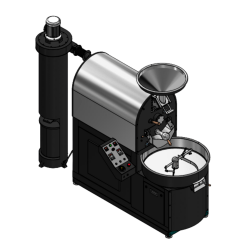



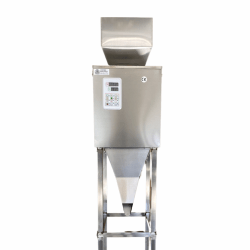














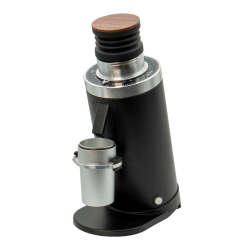






.png/460_320_crop.png?ts=1769780365&pn=blog_front)


































































